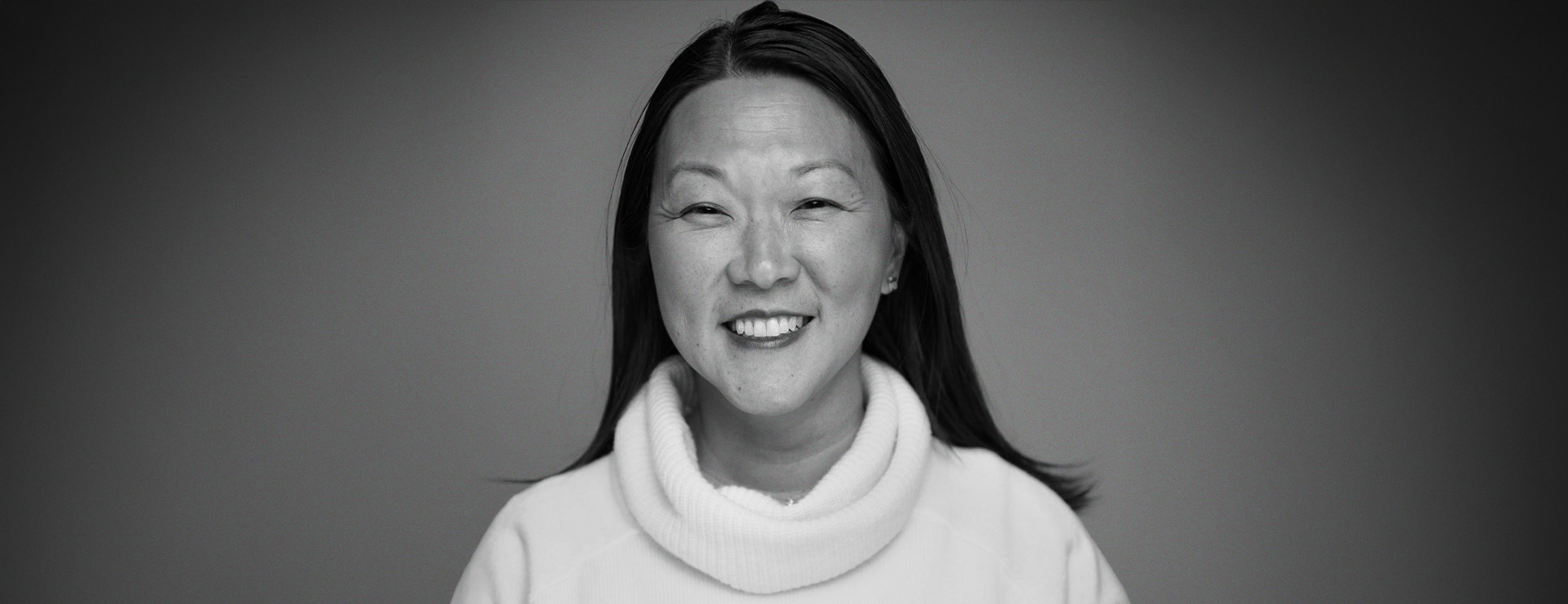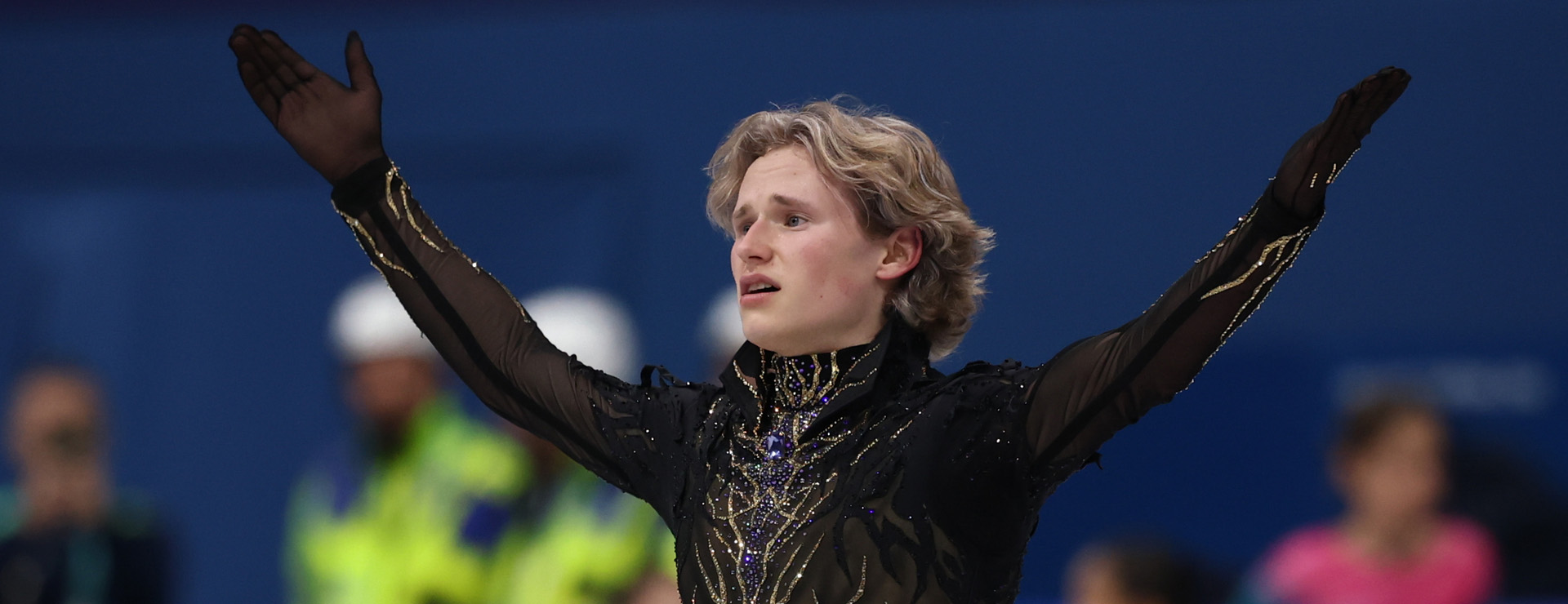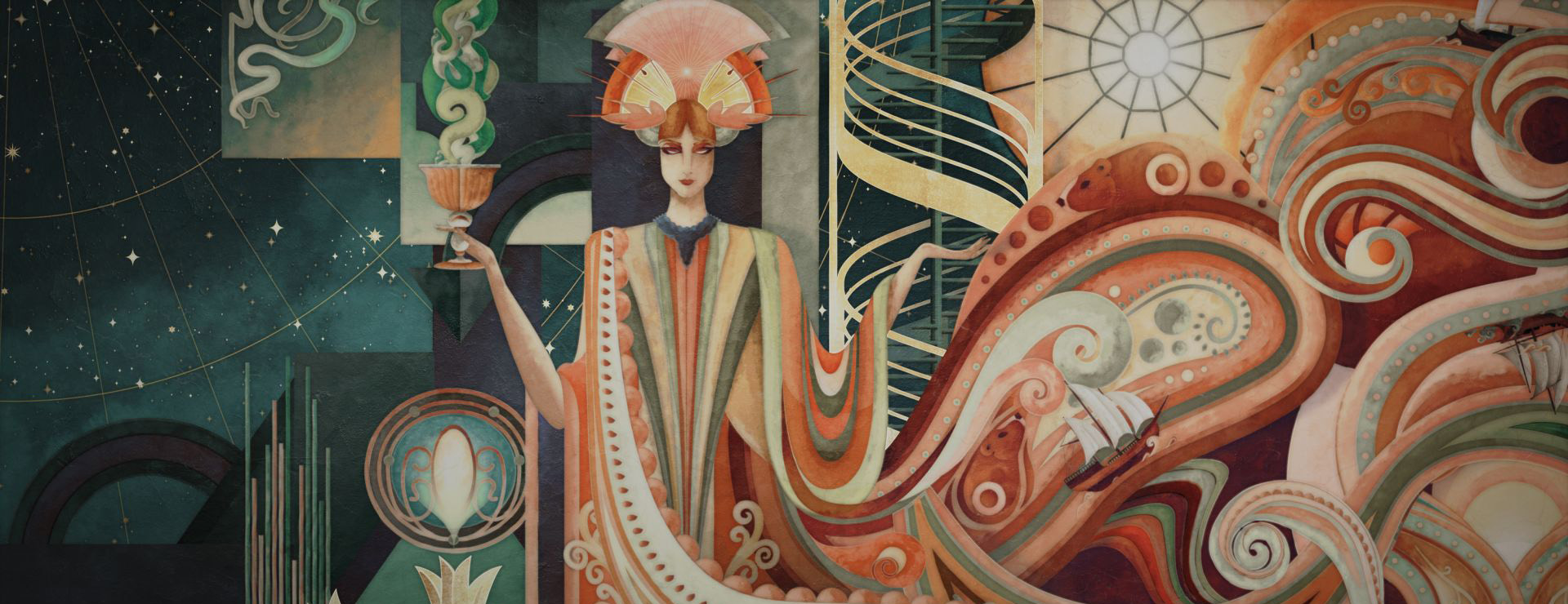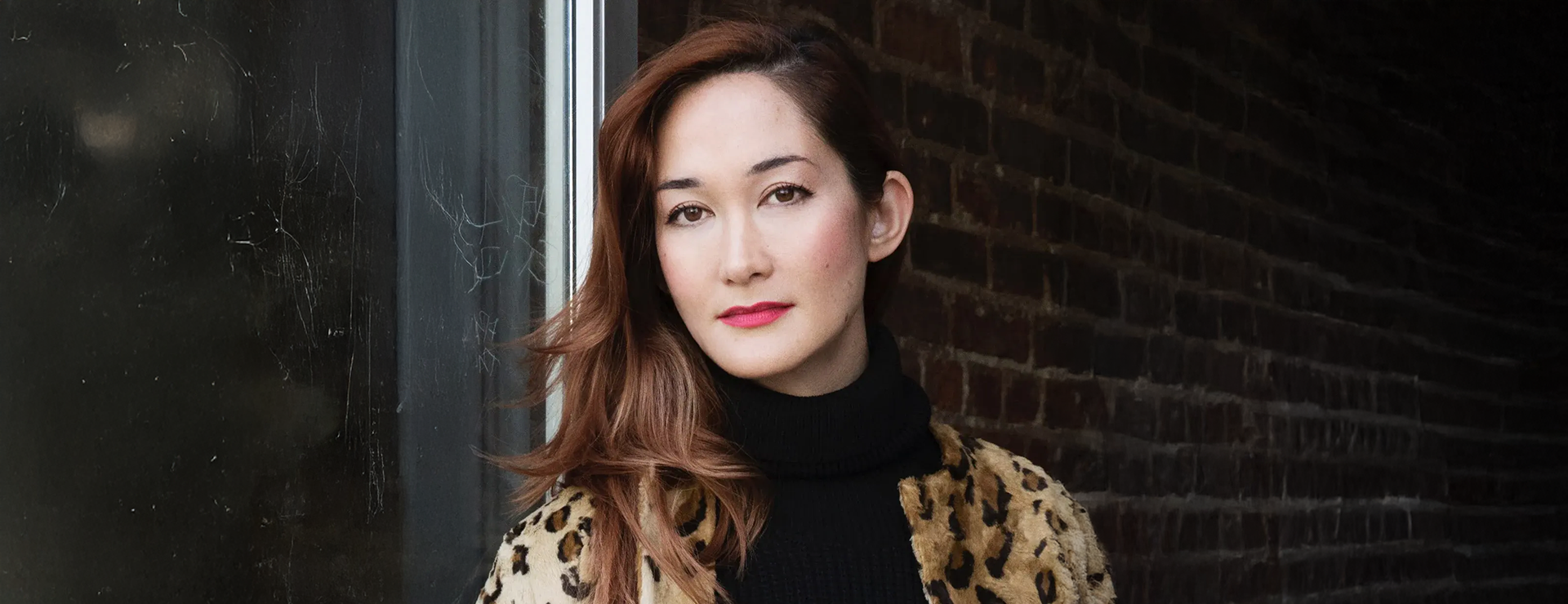After more than 22 years as a marketer at Universal Pictures, Annah Zafrani has just started a new chapter as head of creative at Honeydew, a company she’s worked with for 25 years and is driving toward a rebrand. As a member of the Academy of Motion Picture Arts & Sciences, she still has her finger on the pulse of the movie industry, a place she says remains one of her many passions.
Spotlight caught up with Zafrani to talk Oscars, movie marketing, the success of Wicked and why campaigning absolutely matters.
Spotlight: You just just started as head of creative at Honeydew, correct? It’s obviously very early yet but how are you finding that your experience as an entertainment marketer is helping you in this new space? Do you expect you’ll be bringing more of a content marketing/storytelling approach to Honeydew? What drew you to going to work for that brand?
Annah Zafrani: Honeydew is a company I helped birth 25 years ago. Since then, I spent more than 22 years as a movie marketer at Universal but I’ve always had other interests as well. I have always had a hand in the fashion world, exploring both interior design and jewelry.
I’m a creative at heart, I love storytelling. I think the best designers start with storytelling and content thinking. Look at where everything gets shown. And on social media, it's all about whatever story you're telling. My background – both from when I started back at Honeydew the first time around all the way through what I did at Universal – my role is really about connecting to an audience in a really authentic way, in a way that speaks to you emotionally. It’s about communicating something to people that feels unique and special.
Spotlight: During your 22 years at Universal, you launched such global franchises as Fast & Furious, Jurassic World, The Bourne Identity, Despicable Me, Pitch Perfect and 50 Shades of Gray. And in full disclosure, you are a member of the Academy of Motion Pictures Arts & Sciences (AMPAS) (as well as a former board member of GEMA predecessor Promax).
The nominees are out and we’re coming to the grand finale of awards season: the Oscars. What does this time of year mean for movie marketers? I wonder if Oscars are really only meaningful to a certain cadre of films, while movie marketers working on big franchises that don’t tend to be nominated have their eyes on a totally different prize.
Zafrani: The Oscars are very important if you value their importance. If you look at the Oscars as a whole, the big studios are not really a part of the Oscars in the same way as the specialty studios, like Focus Features, A24, Searchlight Pictures and this year, Mubi. The Oscars have always been the more art-housey kinds of movies.
I believe the Oscars will always remain a highly prestigious and significant event, but when you are planning the kinds of movies you are making and you are marketing them early on, you don’t know if they will be Oscar contenders and you aren’t planning that way. Of course, you’re always a little hopeful.
I think the Oscars are always going to be important but I don’t think they are as important as box office.
Spotlight: Do you think the Oscars help drive people to the movies?
Zafrani: That marketing machine definitely helps and I think nominations can reignite a movie. The movie business is challenged and COVID supersized its challenges. The Oscars are designed to help drive movie-going and to help invigorate the business.
The Oscars give us a window into the state of movies and Hollywood, and the kinds of movies that get into the race show us what’s going on in the culture.
Spotlight: How necessary and effective do you think Oscar campaigning is?
Zafrani: I think campaigning is the only way. If you don’t campaign the right way, you don’t win. For example, I think Demi Moore is going to win [best actress for Mubi’s The Substance.] I’m rooting for Demi because of her speech after she won the Golden Globe [for lead actress in a comedy or a musical].
The way it works is that I’m in the marketing and publicity branch. We only nominate movies for best picture. Each discipline nominates in their own categories – actors for actors, makeup artists for makeup artists, etc. Once everything gets nominated, we all vote. From the moment Demi made her speech, I started to lean in. I do start to incorporate into my thinking what I’ve been seeing.
When you are talking about campaigning, you are talking about considering five performances that are all really good. Campaigning does two things – it emotionally affects your choice and it gets your choice into your head.
Spotlight: My understanding is that the Academy’s membership has really expanded internationally in the last several years and that that has affected the type of movies that get nominated. Is that what you have seen?
Zafrani: The globalization of the Academy has been a really big push that has ignited that foreign language area for sure and I think we’ll see much more of it. I like it because it opens up the scope of the kind of films that are getting looked at. I’m always excited by that.
Spotlight: Since you used to work in marketing at Universal Pictures, I have to ask you about Wicked, which has grossed $717 million worldwide so far and scored 10 Oscar nominations, including best picture, best actress for Cynthia Erivo and best supporting actress for Ariana Grande. It’s a rare combination for a movie to be both a box-office success and an Oscar darling.
I felt that while Universal’s marketing campaign was somewhat overwhelming in its omnipresence, it also was wildly successful. What were your observations about the Wicked marketing campaign? What can other movie marketers take away from it? I also felt like it was somewhat informed by what Warner Bros. did with Barbie in that both really flooded the zone to great effect.
Zafrani: You have to create an event for an audience. That’s always been Universal’s superpower – they find that audience, make that audience white hot and then build from there.
They wanted to be the Barbie of this year and they wanted the movie to feel omnipresent and ubiquitous – everything was green and everything was pink. It was intentionally overwhelming.
I’m not really into musicals, especially when it comes to films. So if you manage to get someone like me invested then you’ve truly nailed it.
The other key factor is that Wicked is a good film, and it always helps to have the goods. That’s especially true once it’s released and word of mouth starts spreading. In addition, so many people signed on for partnerships and that was a big strategy for the movie.
They were very smart to keep seeing how things were working and dialing into that. The film business has found that tightening the release of the marketing for a movie has been a smarter model financially, but you can’t wait until six weeks out to start marketing a movie like that.
You also could feel the excitement of both Cynthia Erivo and Ariana Grande for playing these roles. Universal did a really good job of putting the talent out there in a perfect way. I think there was a really great energy that they capitalized on. I think they showed the movie to all the press right at the right time as well.
Spotlight: Wicked has been all over TikTok and I’ve fallen down many Complete Unknown rabbit holes on YouTube. How would you say social media – and particularly short-form video – has changed movie marketing?
Zafrani: I think it is very important. We’ve found that social is a huge piece of the marketing push. I think it’s probably both for better and for worse. I think you have to create content that is guided by what those platforms want.
Wicked’s TikTok campaign was brilliant. Since it’s a musical, it had lots of fun things to play with. Wicked was primed for a TikTok experience. Some of it is paid, while some is really organic. It’s so helpful when you have a movie that lends itself to marketing extensions like that.
Spotlight: Last question – What’s a spot, campaign or just really cool thing that’s grabbed your attention lately?
Zafrani: Mexican-American fashion designer Willy Chavarria is getting a lot of traction right now. He was named 2024 American Menswear Designer of the Year by the Council of Fashion Designers of America and won the designer of the year award at the 2024 Latin American Fashion Awards.
He just made his debut at Paris Fashion Week with a show he called “Tarantula.” It included a really great message about people and culture. He’s putting himself on the map in a really interesting way.













